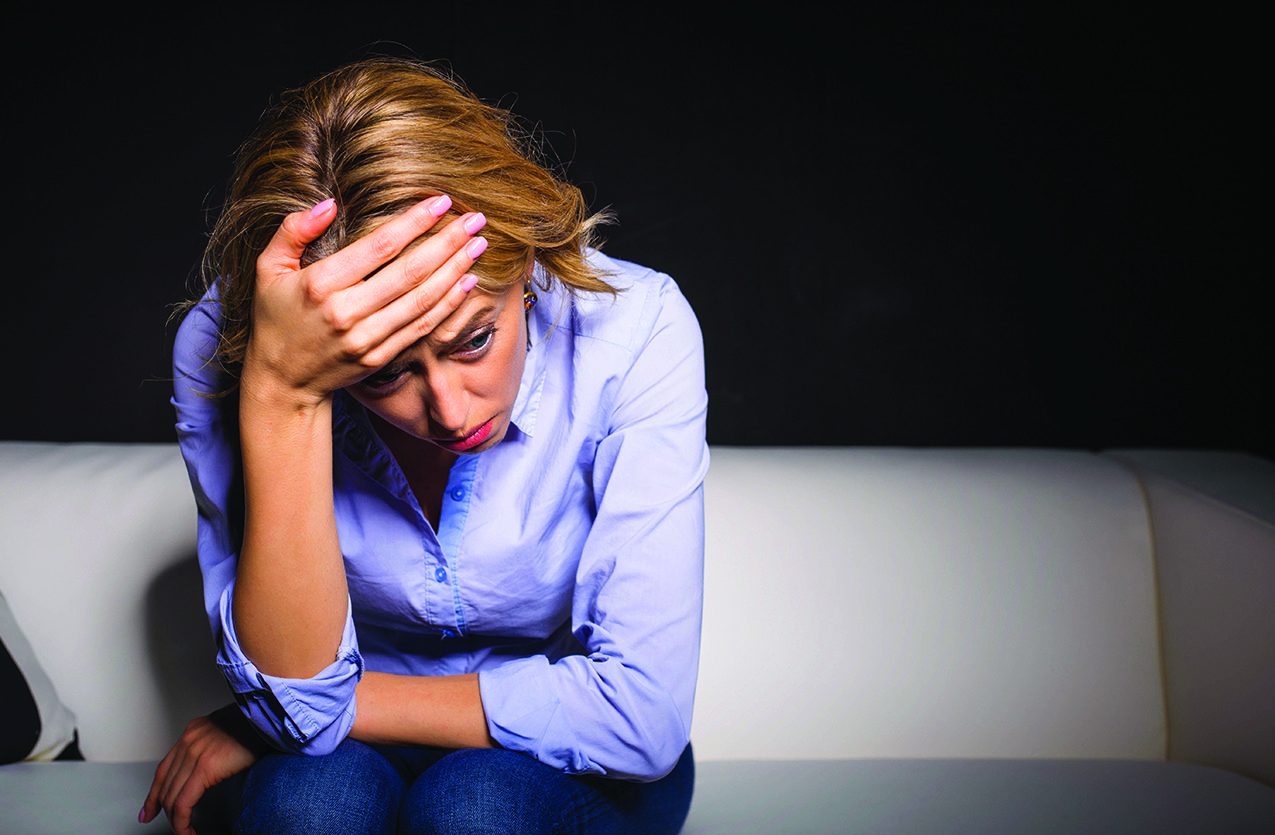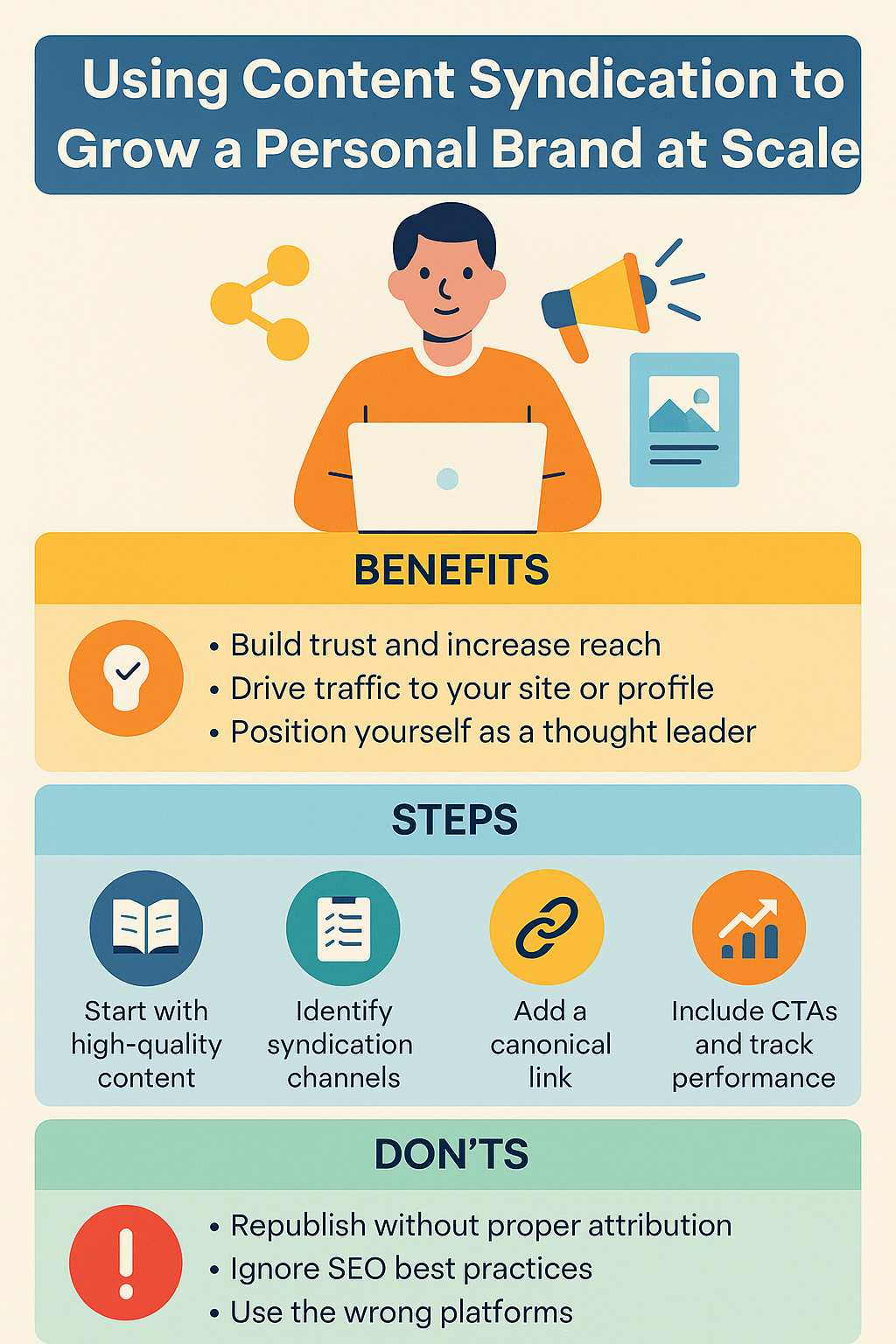Social Media and Mental Health: An Insightful Look

Table of Contents
Introduction: The Link Between Social Media and Mental Health
In today’s digital age, social media plays a massive role in shaping our lives. While it has its benefits, like staying connected and building communities, it also raises concerns about its impact on our mental health. But just how does scrolling through feeds affect our emotional and psychological well-being? Let’s break down the connection between social media and mental health, exploring both its positive and negative effects. Plus, we’ll dive into why infographics are becoming an effective way to visualize these impacts.
How Social Media Affects Our Mental Well-Being
Social media is a powerful tool, and like anything powerful, it has both bright and dark sides. Let’s look at both.
The Positive Aspects of Social Media
Social media is often seen through a critical lens, but it’s important to acknowledge its benefits when used mindfully.
Connectivity and Support
One of the greatest positives of social media is the ability to connect with others. Whether it’s through direct messaging, Facebook groups, or Instagram communities, social platforms allow us to find like-minded individuals and groups that offer emotional support, especially for those struggling with mental health challenges. This creates a sense of belonging and can help reduce feelings of isolation.
Awareness and Advocacy
Social media has given a voice to those who otherwise might not have had one. It’s a platform for mental health awareness, helping to reduce stigma, educate others, and promote wellness. Movements like #MentalHealthAwareness have gained traction online, encouraging open conversations about mental health.
The Negative Side of Social Media
While the positives are clear, there are significant drawbacks to social media that can directly affect our mental health.
Social Comparison and Envy
We’ve all been there: scrolling through Instagram and feeling a pang of envy. Social media often showcases the highlight reels of people’s lives—vacations, celebrations, and achievements. This constant exposure to idealized versions of life can lead to social comparison, lowering self-esteem and fueling feelings of inadequacy.
Cyberbullying and Harassment
Unfortunately, the anonymity of the internet has made social media a breeding ground for negativity. Cyberbullying is a serious issue that can leave deep emotional scars, especially for young people. Harmful comments and online harassment can contribute to anxiety, depression, and a host of other mental health issues.
Addiction and Overuse
It’s easy to lose track of time when scrolling through endless feeds. Social media addiction has become a real problem, with many people spending hours every day on platforms like Facebook, TikTok, and Twitter. This overuse can contribute to mental exhaustion, stress, and even a decrease in real-world social interaction.
The Psychological Effects of Social Media
So, what’s going on in our minds when we’re plugged into social media for hours each day?
Anxiety and Stress
Constantly checking notifications, keeping up with trends, and feeling the pressure to post perfectly curated content can increase anxiety. This fear of missing out (FOMO) and the pressure to always be “on” can contribute to ongoing stress.
Depression and Loneliness
Despite its ability to connect people, social media can also create feelings of loneliness. Studies have shown that excessive use can lead to depression, especially when users feel disconnected from real-world interactions. The paradox is that while we’re “connected” online, we often feel more isolated.
Sleep Disruption
Ever scrolled through your phone late at night, only to realize it’s hours past your bedtime? The blue light emitted by screens can interfere with our sleep patterns, and the constant influx of information can keep our brains active, making it harder to unwind and rest.
Social Media Infographics: A Visual Representation
In recent years, infographics have emerged as a valuable tool to communicate complex topics, including mental health.
How Infographics Can Simplify Complex Ideas
Infographics combine visuals with text, making it easier to understand complicated data or trends. They’re an engaging way to present statistics about social media’s impact on mental health, offering quick insights and key takeaways in a digestible format.
Examples of Effective Mental Health Infographics
Take a look at some powerful infographics circulating online. These might show statistics like “The average amount of time spent on social media per day” or “How social media affects sleep.” These visuals make the information more relatable and accessible.
Managing the Impact of Social Media on Mental Health
While social media can be a source of stress, there are ways to take control of its impact on our mental health.
Setting Boundaries and Limits
One of the most important strategies is setting boundaries. Designating specific times for social media use and ensuring it doesn’t interfere with work or personal life is key. It’s also important to follow accounts that bring positivity rather than negativity.
Digital Detox
Taking regular breaks from social media can help reset your mental health. Whether it’s a weekend away from your phone or just a few hours every day, a digital detox can work wonders in reducing anxiety and helping you reconnect with the present.
Promoting Healthy Online Habits
Being mindful of your social media consumption can go a long way in protecting your mental health. This might involve unfollowing accounts that make you feel bad about yourself or limiting time spent on platforms that negatively affect your mood.
Conclusion
Social media is an integral part of modern life, but it’s important to recognize its impact on mental health. While it offers many benefits, like connecting with others and raising awareness, it also presents challenges, including anxiety, depression, and addiction. By being mindful of how we use social platforms and incorporating strategies like setting boundaries and taking breaks, we can reduce the negative effects and enjoy a healthier relationship with social media.




